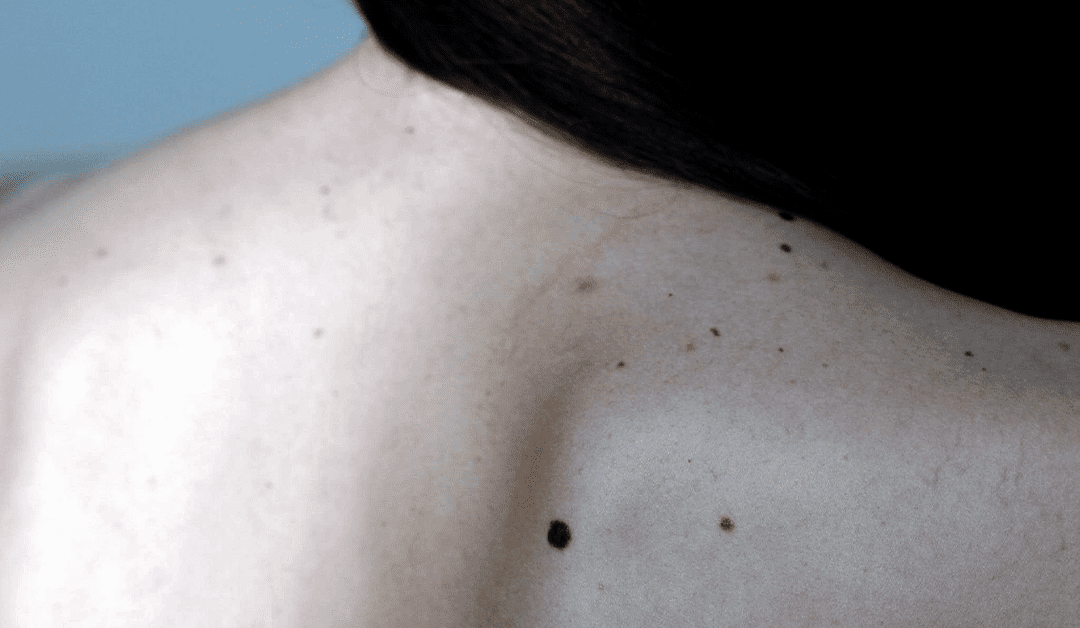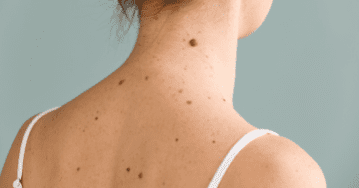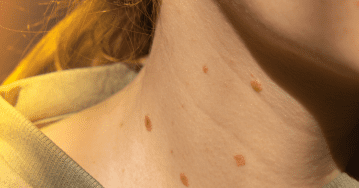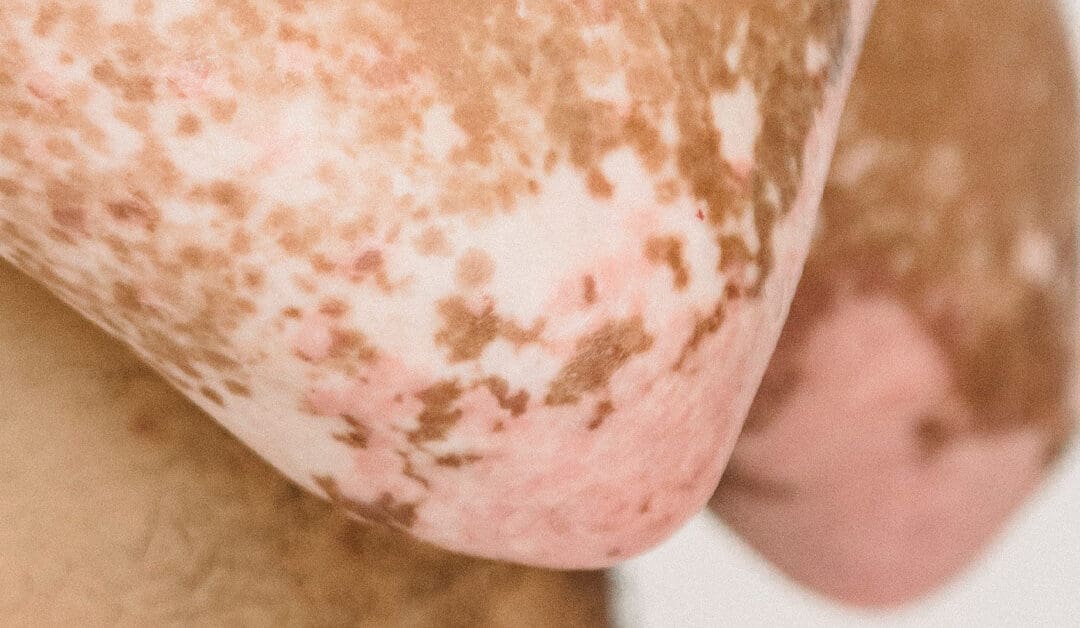As the temperature has dropped here in Arizona, these past few weeks, our skin often faces challenges that require special attention. Cold weather can strip away the skin’s natural moisture, leaving it dry, irritated, and more prone to issues like chapping and redness. As a dermatologist, I understand the importance of adapting skincare routines to counteract the harsh effects of winter. In this comprehensive guide, I will explore a range of strategies and practices to help you nurture your skin during cold weather and keep it looking healthy and radiant.
Maintaining adequate hydration is helpful for the health and appearance of the skin, especially during colder months. Cold weather and low humidity levels can lead to dry and dehydrated skin, causing discomfort and exacerbating skin conditions. Hydration plays a key role in preserving the skin’s natural moisture barrier, preventing it from becoming dry, flaky, or irritated. When the skin lacks moisture, it may also be more prone to fine lines and wrinkles. By ensuring proper hydration through the use of moisturizers and drinking an ample amount of water, individuals can promote skin elasticity and suppleness even in harsh winter conditions. Additionally, well-hydrated skin is better equipped to defend against environmental stressors, such as wind and cold temperatures, ultimately contributing to a healthier and more radiant complexion during the colder months.
Exfoliation is a skincare practice that offers numerous benefits, but it requires extra caution during the colder months. Exfoliating too frequently or using harsh exfoliants can exacerbate these effects by further disrupting the skin’s moisture balance. It’s essential to choose gentle exfoliants and limit the frequency of exfoliation to prevent the removal of essential oils that act as a protective barrier. Opting for hydrating exfoliants and incorporating them into a well-rounded skincare routine can help remove dead skin cells without compromising the skin’s moisture levels. Additionally, following exfoliation with a rich moisturizer can contribute to maintaining a healthy skin barrier, ensuring a smoother and more radiant complexion throughout the colder months.
Remember that sun protection is not just for the summer. The winter sun, combined with reflective snow, can still cause skin damage. We recommend the use of a broad-spectrum sunscreen with at least SPF 30, even on cloudy days. Additionally, try to find sunscreens with added moisturizing agents to combat dryness.
Introducing a humidifier into your living space during these cold months can offer a multitude of benefits for skincare. As winter air tends to be dry and lacks moisture, it can leave the skin feeling parched and more prone to irritation. A humidifier helps combat this by adding moisture to the air, preventing the skin from becoming excessively dry. Adequate humidity levels contribute to maintaining the skin’s natural hydration, reducing the risk of dryness, flakiness, and discomfort. This is particularly crucial for individuals with sensitive skin conditions. Moreover, a well-humidified environment supports the skin’s barrier function, enhancing its ability to retain moisture. By incorporating a humidifier into your routine, you create a more skin-friendly atmosphere that promotes suppleness, prevents excessive dryness, and contributes to an overall healthier complexion during the cold months.
Incorporate Hydrating Masks
Hydrating masks emerge as a skincare savior during the colder months, offering a range of benefits to combat the harsh effects of winter on the skin. Hydrating masks, enriched with nourishing ingredients like hyaluronic acid, glycerin, and natural oils, provide an intensive burst of moisture, replenishing and revitalizing the skin. These masks help to restore the skin’s hydration balance, alleviate dryness, and enhance overall elasticity. The pampering ritual of applying a hydrating mask also offers a moment of self-care, promoting relaxation and reducing stress-factors that can positively impact skin health. Regular use of hydrating masks during colder months contributes to a radiant, supple complexion, acting as a crucial component in a winter skincare routine that addresses the specific needs of the skin in challenging weather conditions.
The clean beauty movement, emphasizing products free from harmful chemicals and toxins, continues to gain momentum in 2024. Consumers are increasingly scrutinizing ingredient lists, opting for formulations that prioritize safety and transparency. Dermatologists are championing the clean beauty revolution by recommending products with natural, non-irritating ingredients. This trend not only promotes skin health but also aligns with broader efforts to reduce the use of potentially harmful substances in personal care products.
Opting for lukewarm or cool showers instead of hot ones during colder months can bring about numerous benefits for skin health. Hot water can feel so good on a cold winter day, but the hot water can also strip the skin of its natural oils as well. Lukewarm showers are gentler on the skin, helping to preserve its natural moisture barrier. Additionally, cooler showers can improve blood circulation, contributing to a healthier complexion. By avoiding hot showers, individuals can maintain the skin’s hydration, prevent excessive dryness, and promote overall skin resilience during the colder months. Paired with a moisturizing routine, this simple adjustment can make a significant difference in maintaining vibrant and comfortable skin throughout the winter.
Consider Professional Treatments
Professional skin treatments offer a tailored and effective approach to addressing skincare concerns, particularly during colder months when the skin faces increased challenges. Seeking the expertise of a skincare professional can provide targeted solutions. Treatments such as hydrating facials, chemical peels, and microdermabrasion can address specific winter-related issues, replenish moisture, and promote skin renewal. Professionals can customize treatments for individual skin types, ensuring a personalized approach that meets unique skincare needs. Moreover, these treatments often utilize advanced technologies and high-quality skincare products that may not be readily available for at-home use. By incorporating professional skincare treatments into a winter skincare regimen, individuals can rejuvenate and protect their skin, achieving a healthier and more radiant complexion despite the challenges posed by colder temperatures.




